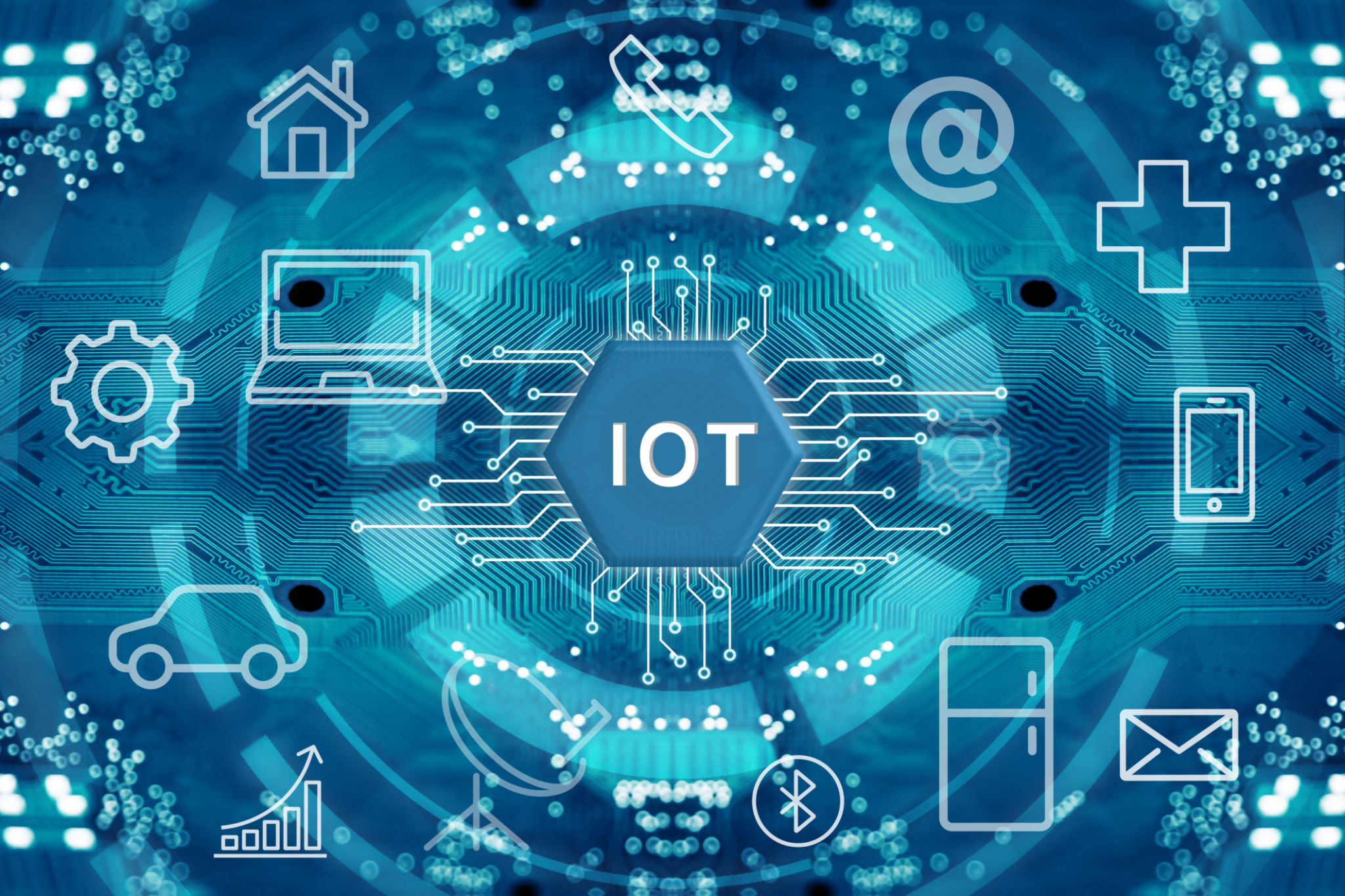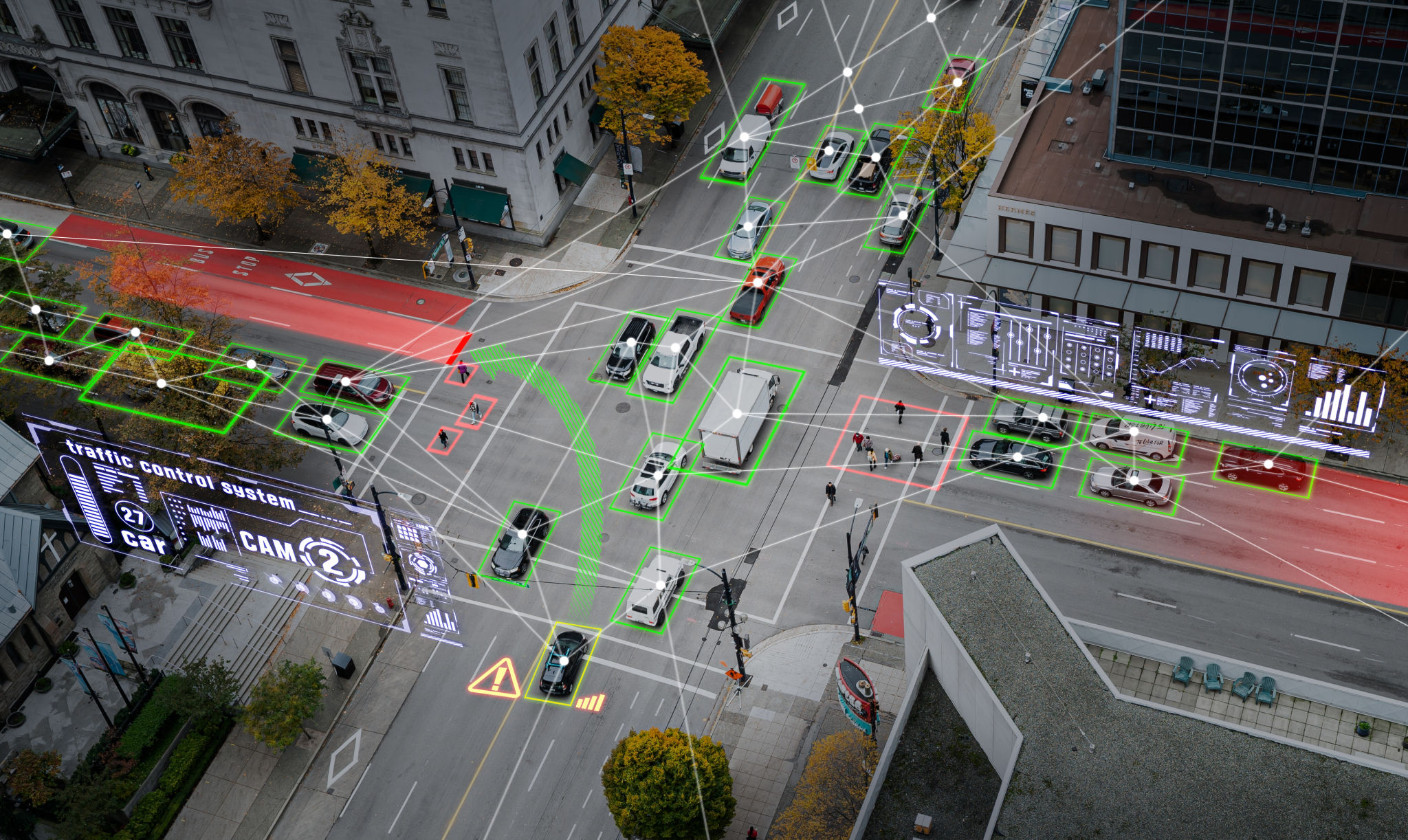Exploring 5G Technology Trends in Spain: What to Expect
Introduction to 5G in Spain
The rollout of 5G technology is transforming the telecommunications landscape across the world, and Spain is no exception. This fifth-generation mobile network promises to revolutionize how we connect and interact with digital platforms, offering unprecedented speed, low latency, and massive connectivity. As Spain continues to adopt this cutting-edge technology, it's essential to explore what trends are emerging and what the future holds.

Enhanced Mobile Broadband
One of the most anticipated benefits of 5G technology is enhanced mobile broadband. With data speeds up to 100 times faster than 4G, users in Spain can expect seamless streaming, faster downloads, and improved overall connectivity. This enhancement will also drive the growth of high-quality video content and virtual reality experiences, providing new opportunities for content creators and consumers alike.
Impact on Urban Areas
In densely populated urban areas like Madrid and Barcelona, the demand for high-speed internet is at an all-time high. The deployment of 5G will address congestion issues commonly experienced in these areas, offering more stable connections even during peak times. This reliability will be crucial for businesses and individuals who rely heavily on mobile data.

Internet of Things (IoT) Expansion
The Internet of Things (IoT) is set to flourish with the widespread implementation of 5G in Spain. The ability to support a multitude of devices with minimal delay will enable smarter homes, more efficient cities, and innovative industrial applications. For instance, smart city initiatives can leverage 5G to monitor traffic patterns, manage waste collection, and improve public safety.
Transformation in Industries
Industries such as agriculture, healthcare, and manufacturing are expected to see significant transformations due to 5G-enabled IoT applications. In agriculture, farmers can utilize real-time data to optimize crop yields and resource management. Meanwhile, healthcare providers can offer remote monitoring and telemedicine services with greater reliability, improving patient outcomes.

Autonomous Vehicles and Transportation
Another exciting trend is the development of autonomous vehicles and smart transportation systems. 5G's low latency and high data throughput are essential for real-time communication between vehicles and infrastructure. This technology will support safer and more efficient transportation networks, potentially reducing traffic accidents and improving travel times.
Challenges in Implementation
Despite its many advantages, the implementation of 5G in Spain faces several challenges. Infrastructure development requires significant investment, and there are concerns about data privacy and security. Moreover, ensuring equal access to 5G across rural areas is crucial to prevent digital divide issues.

The Future Outlook
As Spain continues to embrace 5G technology, we can anticipate numerous advancements across various sectors. The potential for innovation is immense, from smarter cities to more connected industries. Stakeholders must collaborate effectively to address challenges and maximize the benefits of this transformative technology.
In conclusion, 5G technology represents a significant leap forward in connectivity for Spain. The trends highlighted above offer a glimpse into the exciting possibilities that lie ahead. As these developments unfold, staying informed and adaptable will be key to harnessing the full potential of 5G.
